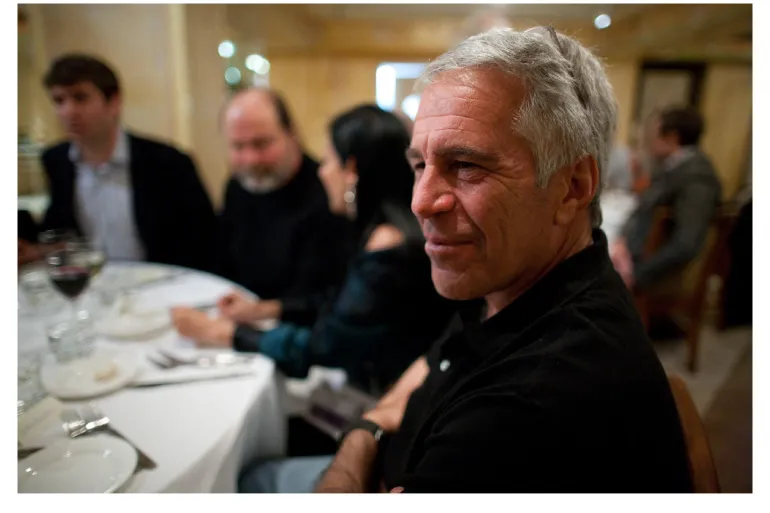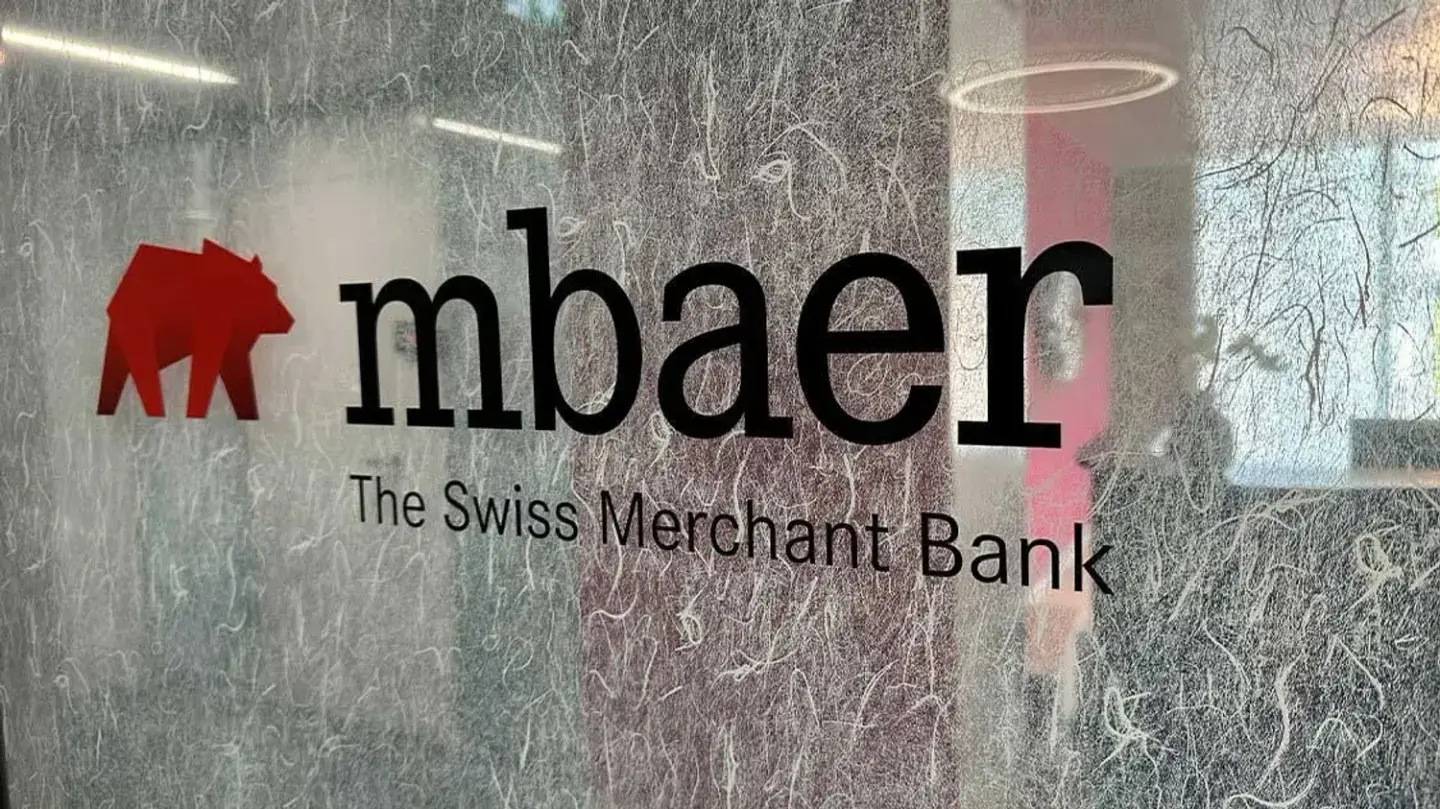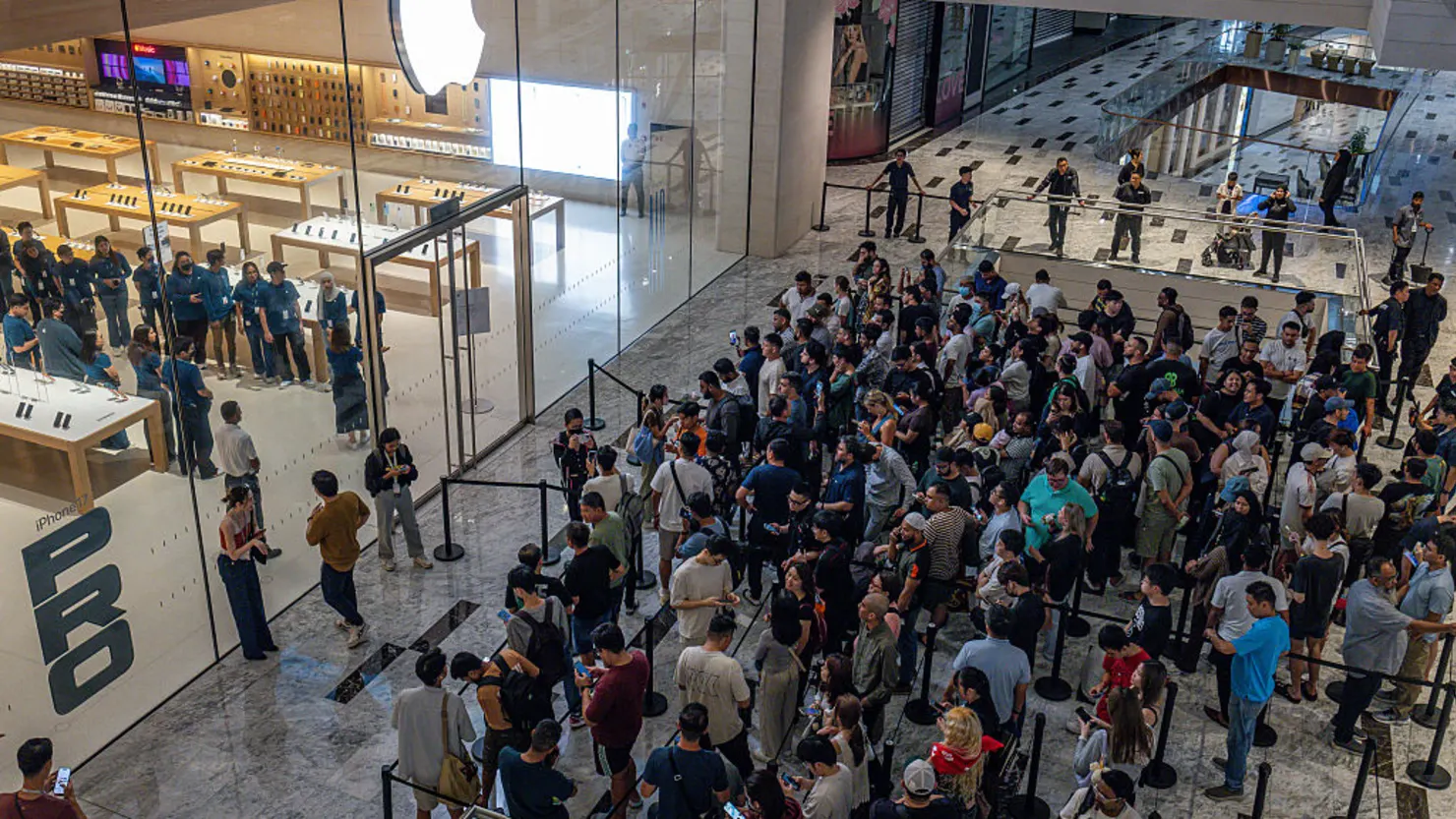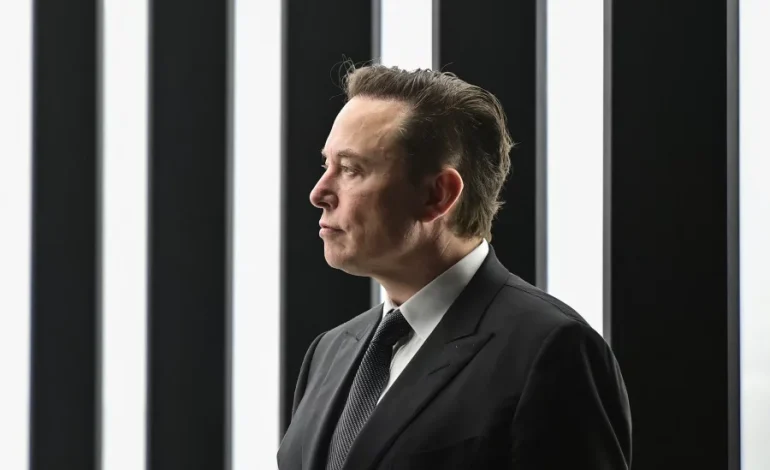With input from Reuters, NPR, and Politico.
The next chapter of Tesla’s pay saga lands before the Delaware Supreme Court on Wednesday, where justices will hear arguments over Elon Musk’s record-shattering compensation plan — once pegged at $55.8 billion in 2018 and now, thanks to Tesla’s stock surge, hypothetically worth well over $100 billion.
Back in 2018, Tesla gave Musk no salary and all upside: a ladder of stock-option tranches that vested only if the company smashed increasingly audacious targets. Tesla says he cleared them all by 2022. A shareholder, Richard Tornetta, sued, arguing the board wasn’t independent, investors weren’t fully informed about directors’ ties to Musk, and the payout violated the board’s fiduciary duties. In January 2024, Delaware’s Chancery Court agreed, branding the package an “unfathomable sum,” voiding it, and ordering Tesla to come back with something new.
Tesla instead reran the same package for a second shareholder vote in 2024 and won — only to have the judge reject that do-over too. Now the state’s high court must decide: was this a conflicted, poorly disclosed plan that deserves extra scrutiny, or a legitimate, performance-based bet that courts should leave to boards and shareholders? The justices will also consider whether the 2024 revote cures any 2018 flaws, and they’ll review a $345 million legal-fee award to Tornetta’s lawyers.
The stakes reach beyond Musk. The Chancery ruling helped fuel “Dexit,” as high-profile companies — including Tesla — shifted incorporation out of Delaware to friendlier venues like Texas and Nevada. Delaware’s legislature has already tweaked its corporate laws to stem the outflow; the Supreme Court will hear a challenge to one of those fixes on Nov. 5.
Meanwhile, Musk is hardly paycheck-free. He still owns about 13% of Tesla and recently bought more stock. This summer, the board approved an “interim” award of roughly $29 billion in shares if the 2018 plan stays voided — Musk will get one or the other, not both. Up next: a fresh, forward-looking package that could, on paper, mint him the world’s first trillionaire, tied to targets like Full Self-Driving subscribers, robotaxi deployment, and financial performance. Shareholders vote on Nov. 6, even as some public pension funds urge a no.
Tesla frames the disputed 2018 package as pay for performance — 1400% value growth under Musk, most of it accruing to other shareholders. Critics say it was never arm’s length and wildly out of proportion to any peer. The Supreme Court’s ruling — months away — will tell Corporate America how far a star CEO’s incentives can stretch, and who ultimately gets to draw that line.
The next chapter of Tesla’s pay saga lands before the Delaware Supreme Court on Wednesday, where justices will hear arguments over Elon Musk’s record-shattering compensation plan — once pegged at $55.8 billion in 2018 and now, thanks to Tesla’s stock surge, hypothetically worth well over $100 billion.
Back in 2018, Tesla gave Musk no salary and all upside: a ladder of stock-option tranches that vested only if the company smashed increasingly audacious targets. Tesla says he cleared them all by 2022. A shareholder, Richard Tornetta, sued, arguing the board wasn’t independent, investors weren’t fully informed about directors’ ties to Musk, and the payout violated the board’s fiduciary duties. In January 2024, Delaware’s Chancery Court agreed, branding the package an “unfathomable sum,” voiding it, and ordering Tesla to come back with something new.
Tesla instead reran the same package for a second shareholder vote in 2024 and won — only to have the judge reject that do-over too. Now the state’s high court must decide: was this a conflicted, poorly disclosed plan that deserves extra scrutiny, or a legitimate, performance-based bet that courts should leave to boards and shareholders? The justices will also consider whether the 2024 revote cures any 2018 flaws, and they’ll review a $345 million legal-fee award to Tornetta’s lawyers.
The stakes reach beyond Musk. The Chancery ruling helped fuel “Dexit,” as high-profile companies — including Tesla — shifted incorporation out of Delaware to friendlier venues like Texas and Nevada. Delaware’s legislature has already tweaked its corporate laws to stem the outflow; the Supreme Court will hear a challenge to one of those fixes on Nov. 5.
Meanwhile, Musk is hardly paycheck-free. He still owns about 13% of Tesla and recently bought more stock. This summer, the board approved an “interim” award of roughly $29 billion in shares if the 2018 plan stays voided — Musk will get one or the other, not both. Up next: a fresh, forward-looking package that could, on paper, mint him the world’s first trillionaire, tied to targets like Full Self-Driving subscribers, robotaxi deployment, and financial performance. Shareholders vote on Nov. 6, even as some public pension funds urge a no.
Tesla frames the disputed 2018 package as pay for performance — 1400% value growth under Musk, most of it accruing to other shareholders. Critics say it was never arm’s length and wildly out of proportion to any peer. The Supreme Court’s ruling — months away — will tell Corporate America how far a star CEO’s incentives can stretch, and who ultimately gets to draw that line.









The latest news in your social feeds
Subscribe to our social media platforms to stay tuned